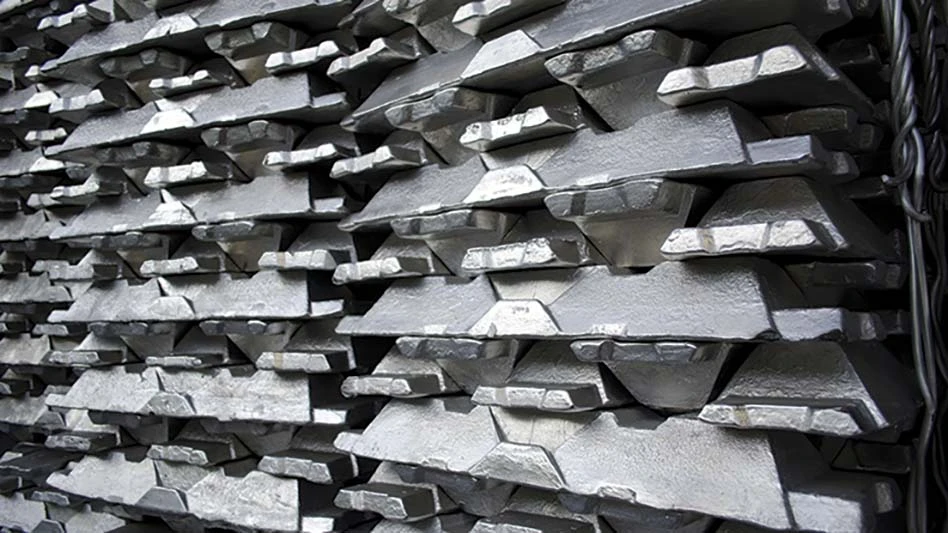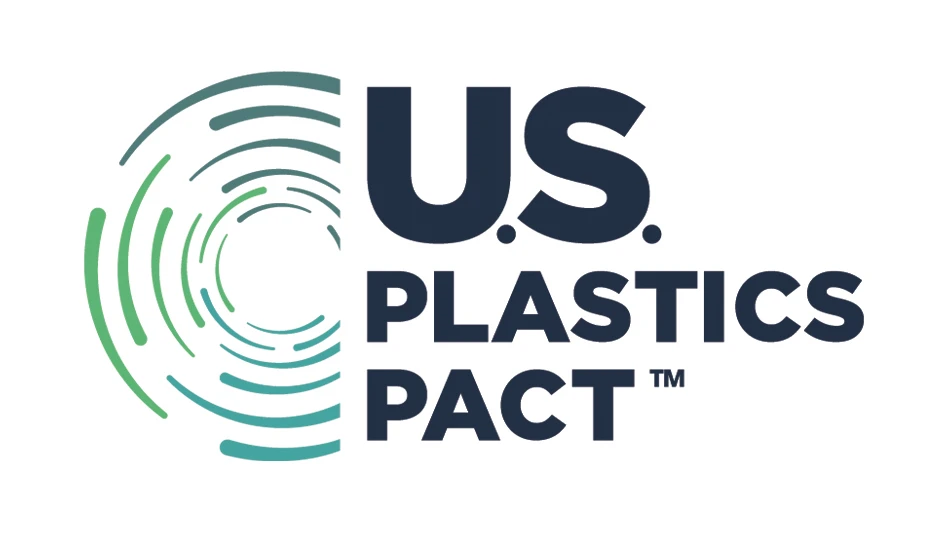 It’s easy to find industry information online. COMEX (Chicago Mercantile Exchange), LME (London Metal Exchange) and stock market prices are often just a few keystrokes away. What can be harder to find is scrap yards that publish their prices on their websites.
It’s easy to find industry information online. COMEX (Chicago Mercantile Exchange), LME (London Metal Exchange) and stock market prices are often just a few keystrokes away. What can be harder to find is scrap yards that publish their prices on their websites.
While some scrap yards feel the need to hide their pricing from competitors, many others have begun publishing this information on their websites and have seen an increase in virtual traffic to their websites as well as actual traffic to their yards as a result.
Before considering whether publishing your scrap metal prices can hurt your company, think for a moment about why you continue to visit many of the same websites every day. If websites such as CNN, ESPN, MSN and financial websites didn’t update their information daily, would people continue to visit them? No, most likely.
Shouldn’t that be the same theory behind your scrap yard’s online presence? What is the one thing that you can provide your customers with that would bring them back to your website daily? The answer is simple: Prices. By providing your customers with information they are interested in, they will continue to come back to your website regularly.
At my own scrap yard, Rockaway Recycling (in Rockaway, N.J.), we update our prices daily online, and more than 60 percent of our daily visitors (a minimum of 800 to 1,000 visitors per day) are repeat visitors. Why are they returning visitors? Because we provide them with updated information, such as scrap prices and coupons, they want on a regular basis.
While many scrap yards are still old-school when it comes to technology and marketing, the scrap yards that are adapting to new technologies will advance past those old-school yards with service that goes beyond “please” and “thank you.” People want more information about things they are interested in. Embracing websites and technology, such as the iScrap App, is how the scrap industry will move forward.
How many times have you or someone at your yard called a local competitor to see what they were paying and then adjusted your prices accordingly? With that in mind, how can publishing your prices on your website harm you?
A simple model
While taking advantage of available technology can help to draw customers to your yard, at Rockaway Recycling, we have found that repeat business has more to do with service, punctuality and fair weight than with scrap prices. Many entrepreneurs think that business models have to be long and complicated and encompass every aspect of the business. While that is true to some extent, what it boils down to is very simple: Good products and service will always bring back loyal customers, and those customers will bring more customers.
Simple things such as customer service, saying “Sir,” not swearing and showing people how to make more money on their scrap are among the primary reasons we have been able to grow our business and retain customers.
On the go
Technology has become a way of life, and it’s certainly the way business works. Why advertise your scrap yard specials in local newspapers and phone books when you can send that information directly to your customers’ email inboxes and even straight to their phones through text messages? Most people have access to their computers or cell phones for a good portion of the day.
Before discussing the positive outcomes from company websites, let’s talk about going mobile. I don’t just mean having a truck on the road picking up materials but also delivering information to people’s smartphones.
According to a New York Post article from Sept. 23, 2012, “More than half of American mobile subscribers—55.5 percent—are now owners of smartphones of all types.”
 With more than half of Americans using smartphones, it may be a good idea to see how your company’s website looks on a mobile format. While few scrap yards have adopted mobile format websites, it may be a simple change that can make a dramatic difference to your company’s online presence. For example, my scrap yard takes advantage of iScrap App’s mobile website option and forwards all mobile visitors to our iScrap App mobile profile. This allows visitors to see a simplified version of our company’s website on their mobile devices while also providing our prices.
With more than half of Americans using smartphones, it may be a good idea to see how your company’s website looks on a mobile format. While few scrap yards have adopted mobile format websites, it may be a simple change that can make a dramatic difference to your company’s online presence. For example, my scrap yard takes advantage of iScrap App’s mobile website option and forwards all mobile visitors to our iScrap App mobile profile. This allows visitors to see a simplified version of our company’s website on their mobile devices while also providing our prices.
When thinking “mobile,” you think of on-the-go, quick, easy access. When creating an easy-to-use mobile site, having the basic information that the visitor wants to see is critical. Comparing Rockaway Recycling’s traditional website with the mobile version (photos at left), you can see that the traditional website’s text is too small and difficult to read on a small screen. There is too much information to view on a mobile device. However, the mobile version of Rockaway Recycling’s website provides basic and vital information needed on the go, such as the company’s phone number, address, hours and a short history as well as a link to our prices.
The mobile site has been received better than most of the other options we have tried because of how easy it is for customers to access the information they want about the company on their phones.
However, that does not mean we’ve ignored other ways to engage with our current and future customers.
A social experience
Rockaway Recycling uses Facebook, Twitter, blogs and other social media outlets because a growing segment of customers like to see that we are providing them with information and building on our business relationship with them.
Currently, the majority of our customers do not participate in social media; but, in 10 to 15 years, we predict the number of customers who engage with social media will grow from 10 percent to 40 or 50 percent. By starting our social media campaigns sooner, we will be able to stay ahead of the curve.
Back to the question, “How can publishing your scrap metal prices hurt you?”
I argue that, to the contrary, publishing your prices can increase customer loyalty. My advice is to reach out to your customers in the ways they want to interact with you and give them the information they are looking for.
You loyal customers will remain loyal if you continue to take care of them. In addition to recognizing the value of the information you offer them, your new customers will recognize when you treat them with courtesy and respect as well and will be more open to working with your company in the future.
Tom Buechel is owner of Rockaway Recycling, Rockaway, N.J., and the originator of the iScrap App. He can be contacted at rockawayrecycling@gmail.com.

Explore the November 2012 Issue
Check out more from this issue and find your next story to read.
Latest from Recycling Today
- PCA reports profitable Q1
- British Steel mill subject of UK government intervention
- NRC seeks speakers for October event
- LME identifies Hong Kong warehouses
- Greenville, Mississippi, launches aluminum can recycling program
- Cotton Lives On kicks off 2025 recycling activities
- Georgia-Pacific names president of corrugated business
- Sev.en Global Investments completes acquisitions of Celsa Steel UK, Celsa Nordic





